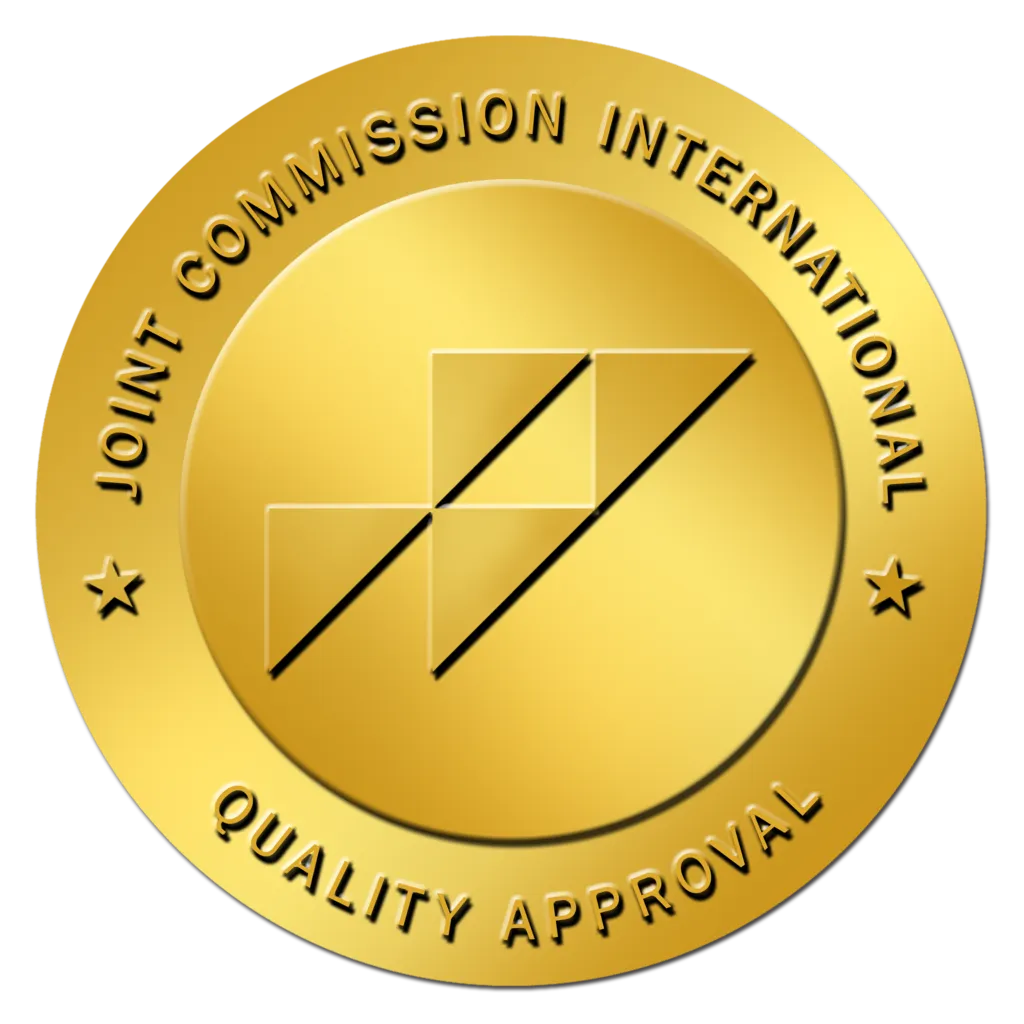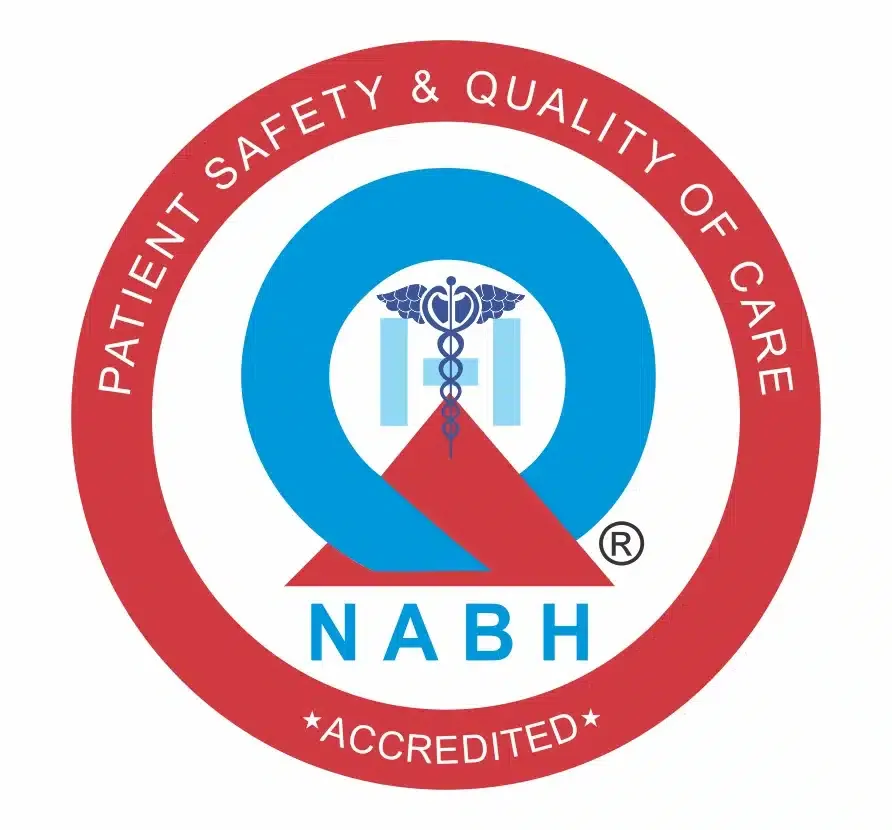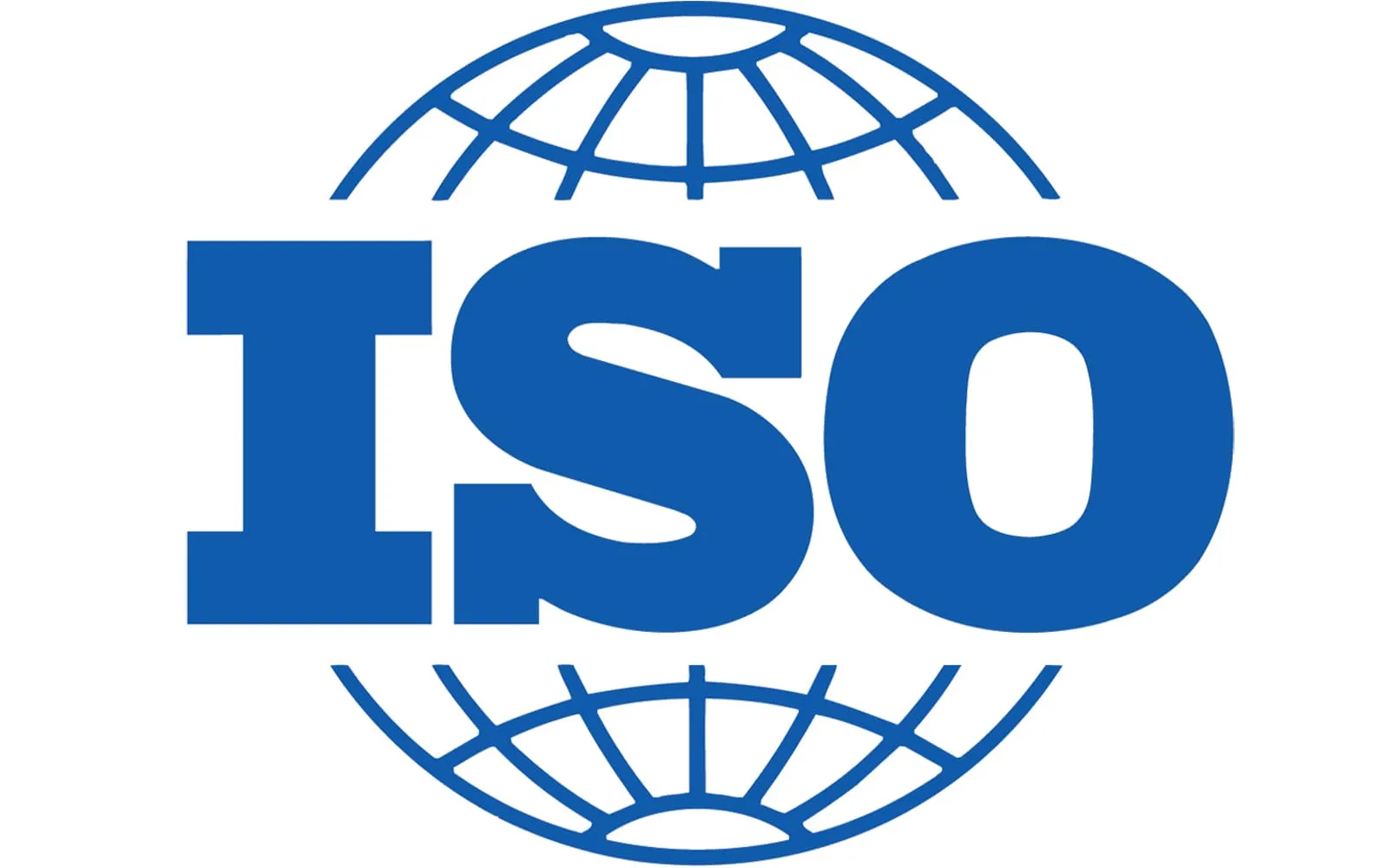
Gastric Bypass Surgery Cost in India
About Gastric Bypass Surgery
What Is Gastric Bypass Surgery?
Gastric bypass surgery is a type of weight-loss procedure that interferes with how your stomach and small intestine handle food. In this surgery, the bariatric surgeon creates a small pouch at the top part of the stomach. This pouch is then directly connected to the middle of the small intestine. It leads to bypassing the rest of the stomach and the upper small intestine.
As a result, you feel full after eating less food, and your body absorbs fewer calories. This dual action (eating less and absorbing less) leads to steady weight loss. The surgery also changes how certain hormones work, helping to control appetite and improve blood sugar levels.
This procedure is commonly recommended for people with severe obesity who have not seen results through diet and exercise. It is often used to treat health issues such as type 2 DM, high blood pressure, and sleep apnea, which are linked to obesity.
Who Needs Gastric Bypass Surgery?
Gastric bypass surgery is advised for people who are severely overweight and cannot lose weight through lifestyle changes or medication. It is usually recommended for those with a Body Mass Index (BMI) of 40 or more, or a BMI of 35 or above with obesity-related health problems.
You may be a candidate if you have:
- Type 2 diabetes that is hard to control
- High blood pressure or heart disease
- Obstructive sleep apnea
- Joint pain or mobility issues due to weight
- Fatty liver disease or acid reflux caused by obesity
Doctors also look at your age, medical history, and ability to follow post-surgery guidelines. The decision is based on both physical and mental readiness for surgery. Not everyone qualifies, and a complete evaluation is needed before approval.
What are the Benefits of Gastric Bypass Surgery?
Gastric bypass surgery is not only a tool for weight loss but also a life-changing procedure that improves overall health. Altering the way the digestive system works helps patients overcome obesity-related challenges and leads to long-term wellness. The benefits go beyond the scale, impacting physical health, emotional well-being, and daily life in lasting ways.
- Effective Weight Loss: Gastric bypass helps reduce body weight through two main actions. It restricts how much you can eat by making the stomach smaller. It also limits how many calories your body absorbs by bypassing part of the small intestine. This combination leads to faster and more lasting weight loss than diet or exercise alone.
- Improvement in Medical Conditions: The surgery often leads to remission or significant improvement in conditions like type 2 diabetes, high BP, and high cholesterol. Many patients find they can reduce or stop medications after the procedure. It also helps in lowering the risks of stroke and heart disease over time.
- Relief from Obesity-Related Problems: People with sleep apnea, joint pain, acid reflux, or fatty liver disease often see relief after losing weight. With less pressure on joints and organs, physical discomfort tends to decrease, making movement easier and sleep more restful.
- Enhanced Quality of Life: After surgery, daily tasks become easier. Energy levels rise, confidence improves, and many people enjoy better emotional well-being. This change often leads to greater participation in social, family, and work activities.
- Long-Term Health Benefits: With consistent weight management and follow-up care, patients often live longer and healthier lives. The surgery lowers the risk of several chronic illnesses and improves overall life expectancy for individuals struggling with severe obesity.
How Is Gastric Bypass Surgery Done?
Gastric bypass surgery is a procedure that reshapes how the digestive system handles food. It limits how much a person can eat and changes how nutrients are absorbed. The weight loss surgery is typically done using a minimally invasive technique, which helps reduce recovery time and surgical risks.
- Creation of the Small Stomach Pouch: The surgeon begins by dividing the stomach into two parts. A small pouch is created at the top, which becomes the new functional stomach. This pouch holds less food, helping patients feel full quickly.
- Rerouting of the Small Intestine: A section of the small intestine is detached and reconnected to the small stomach pouch. It bypasses the lower part of the stomach and the upper portion of the small intestine, reducing calorie and nutrient absorption.
- Laparoscopic or Robotic Approach: The surgery is usually done laparoscopically using small incisions. A camera and instruments are inserted to complete the steps without opening the abdomen. In some hospitals, robotic systems are used for greater precision and control.
- Duration and Recovery: The procedure typically lasts two to four hours. Most bariatric surgery patients stay in the hospital for five to seven days and start walking within 24 to 48 hours. Fluids are introduced gradually, followed by soft foods under the guidance of a dietician.
Send Query
About Gastric Bypass Surgery in India
What is the Cost of Gastric Bypass Surgery in India?
The cost of gastric bypass surgery in India generally falls between ₹4,00,000 and ₹6,00,000. In US dollars, this equals approximately $5,000 to $7,500, depending on the exchange rate. This range covers the standard laparoscopic procedure in most accredited hospitals. It includes the surgeon's fee, anesthesia charges, hospital stay, preoperative tests, and immediate post-surgery care.
If the surgery is done using robotic assistance or advanced laparoscopic equipment, the cost may rise to ₹8,50,000, or around $10,200. In contrast, a simplified version like the mini gastric bypass is usually less expensive, with prices starting from ₹3,50,000 or $4,200.
Each hospital has its own pricing system based on the surgeon's experience, hospital reputation, and whether the package includes extra services like diet consultations, extended stay, or interpreter support. Patients are encouraged to confirm what is included before committing, as this ensures clarity on total expenses.
What's Typically Included
The quoted price for gastric bypass surgery usually covers all primary medical services during the hospital stay. It includes the surgeon's fee, anesthesia, operating theatre use, hospital room charges, routine nursing care, and the medications given while admitted. Pre-surgery evaluations such as blood tests, ECG, and imaging are also commonly included, along with consultations from the surgical and anesthesia teams. In some hospitals, initial dietary counseling and a few follow-up visits after discharge are part of the package.
What's Usually Not Included
Certain costs fall outside the standard surgical package. These often include medicines needed after discharge, special supplements, and extended hospital stays due to unexpected complications. If additional scans or procedures are required beyond the standard workup, they may be charged separately. Accommodation for family members, personal meals, interpreter services, and airport transfers are not usually part of the base price. International patients should also budget for airfare and visa fees, which the hospital does not handle.
Breakdown of Gastric Bypass Surgery Costs in India
- Pre-Surgery Evaluation: A complete set of diagnostic tests is done before surgery to assess your health. These may include blood work, ECG, imaging scans, and other checks. The cost varies by hospital and usually falls between ₹15,000 and ₹30,000.
- Surgical Procedure: The main surgical cost includes the use of surgical instruments, staplers, the surgeon's fee, anesthesia, and operation room charges. Standard laparoscopic surgery starts from ₹3,50,000 and can go up to ₹6,00,000, depending on the technique used.
- Hospital Stay and Immediate Recovery: You will stay in the hospital for 5 to 7 days under close monitoring. Room category, medication, and nursing care affect the cost, which ranges from ₹50,000 to ₹1,00,000.
- Post-Surgery Counseling: Nutritional counseling, psychological evaluation, and follow-up with a dietician are essential. If not included in the main package, this typically costs between ₹10,000 and ₹25,000.
- Follow-Up Visits: Most hospitals include 1 or 2 free follow-ups. Additional visits, if required, may cost between ₹5,000 and ₹10,000.
Cost Component | Estimated Price (INR) | Estimated Price (USD) |
Pre-Surgery Evaluation | ₹15,000 – ₹30,000 | $180 – $360 |
Surgery and Equipment | ₹3,50,000 – ₹6,00,000 | $4,200 – $7,200 |
Hospital Stay & Recovery | ₹50,000 – ₹1,00,000 | $600 – $1,200 |
Counseling & Support | ₹10,000 – ₹25,000 | $120 – $300 |
Follow-Up Consultations | ₹5,000 – ₹10,000 | $60 – $120 |
Cost Comparison with Other Countries
Gastric bypass surgery in India is far more affordable compared to many countries offering similar standards of care.
- In the United States, the cost typically ranges from $20,000 to $35,000. It often excludes additional charges like pre-op consultations, follow-up visits, and extended stays.
- In the UK and Australia, prices can fall between $17,000 and $30,000, with longer waiting periods and more expensive hospital services.
Other medical tourism hubs such as Thailand and the UAE offer the surgery at lower prices than Western countries, but still higher than in India.
- Thailand's rates range between $7,000 and $12,000, while the UAE averages around $15,000 to $25,000 due to higher hospital operating costs.
- In comparison, India offers the same procedure starting at just $5,000, often as an all-inclusive package, making it a cost-effective and transparent option for international patients.
Country | Average Cost (USD) | Inclusions and Considerations |
| India | $5,000 – $7,500 | Includes hospital stay, surgery, and basic tests |
| USA | $20,000 – $35,000 | Often excludes follow-ups and stay extras |
| UK | $18,000 – $30,000 | Public hospitals have long waitlists |
| Australia | $17,000 – $28,000 | Higher due to service and facility charges |
| UAE | $15,000 – $25,000 | Expensive due to imported tech and workforce |
| Thailand | $7,000 – $12,000 | Slightly higher but competitive in Asia |
What are the Factors Affecting Gastric Bypass Surgery Cost in India?
The total cost of gastric bypass surgery in India depends on several elements. These factors vary by location, hospital infrastructure, and the patient's specific health needs. Knowing these cost-determinant factors helps patients make informed decisions and prepare financially.
- Choice of Hospital and City: Hospitals in metro cities with international certifications often charge more. Facilities with advanced infrastructure, robotic equipment, and multilingual support teams have higher service fees.
- Experience of the Surgeon: Surgeons with global training, a high volume of successful surgeries, and advanced certifications may charge premium fees. However, their skill often ensures fewer complications and shorter recovery times.
- Type of Surgery Performed: Traditional laparoscopic surgery is cost-effective, while robotic-assisted surgery costs more due to the technology involved. The use of imported staplers or special instruments also adds to the cost.
- Length of Hospital Stay: Longer recovery or unplanned ICU stays due to medical complications increase room and service charges. Choosing a higher room category, such as a deluxe private room, also affects the total bill.
- Add-On Services and Post-Op Care: Some packages include dietary counseling, post-op follow-ups, and airport transfers for international patients. When these services are billed separately, the total expense rises.
Why Is Gastric Bypass Surgery Cheaper in India?
Gastric bypass surgery in India costs less due to a combination of factors that reduce overall healthcare expenses without affecting the quality of treatment.
- Lower Hospital Operating Costs: Hospitals in India manage daily operations at significantly lower costs compared to Western facilities. From building maintenance to staffing, the overall expenses are reduced. It enables them to offer surgical packages at more accessible rates.
- Affordable Surgeon and Staff Fees: Highly skilled surgeons in India often charge less than their peers in the US or UK. Despite the lower cost, many have received training abroad and perform large volumes of surgeries each year, ensuring both expertise and efficiency.
- Locally Manufactured Medical Supplies: India produces many of its own surgical tools and medical equipment. Since there are fewer import costs, hospitals can avoid the high expenses tied to foreign-made products, and patients benefit from this price advantage.
- Lower Cost of Living: The general cost of living in India is low, and this is reflected in hospital room charges, meals, diagnostics, and post-operative care. These savings directly reduce the total expense for medical travelers.
- Efficient Healthcare Delivery: Indian hospitals offer packaged services that combine diagnostics, surgery, accommodation, and post-op care. This streamlined approach lowers administrative overhead and makes the pricing transparent and predictable.
Services for International Patients Undergoing Gastric Bypass Surgery in India
Traveling abroad for medical care can feel overwhelming, especially after a major surgery like a gastric bypass. To ease this journey, many Indian hospitals offer dedicated services designed specifically for international patients. These services help bridge language, cultural, and logistical gaps. With personalized care and coordinated support, patients from around the world can focus on healing while everything else is taken care of.
- Pre-Treatment Support: Hospitals that serve international patients usually offer end-to-end support starting before your journey. It includes help with choosing the right surgeon, arranging online consultations, and receiving a detailed cost estimate. Many hospitals also provide a visa invitation letter to speed up the medical visa process. A dedicated case manager may be assigned to answer questions and coordinate appointments before arrival.
- Airport Pickup and Transportation: Upon landing in India, patients are welcomed by a hospital representative or travel coordinator. Airport transfers are arranged in advance to ensure comfort and safety. Some hospitals offer private transport not only for the initial pickup but also for local travel between the hospital and hotel, if needed during the stay.
- Language and Translation Services: To avoid communication issues, many hospitals employ interpreters who speak Arabic, French, Russian, Swahili, and other languages. Written documents, consent forms, and dietary instructions are also available in different languages to ensure clarity and comfort throughout the treatment process.
- Accommodation for Attendants: Patients traveling with family members or caregivers can access hospital guest rooms, hotel tie-ups, or nearby serviced apartments. These accommodations are clean, secure, and located close to the hospital, making it easier for attendants to be present during the recovery phase.
- Cultural and Dietary Considerations: Special dietary arrangements are made for international patients based on their religious or cultural needs. Hospitals take care to respect meal preferences, whether halal, vegetarian, or otherwise. Some facilities also offer prayer areas and customized amenities to make patients feel more at home.
- Post-Treatment Follow-Up: Once the surgery is complete and the patient returns home, support continues through virtual follow-ups. Hospitals often arrange video consultations and share medical reports electronically. Ongoing access to dietitians and the surgical team helps ensure proper recovery and weight management after returning to your country.
What is the Success Rate of Gastric Bypass Surgery?
Gastric bypass procedure has one of the highest success rates among bariatric surgeries. When performed by trained specialists and followed by proper aftercare, it leads to significant weight loss and long-term health benefits.
- Weight Loss Outcomes: Patients typically lose between 60% and 80% of their excess weight within 12 to 18 months. Most of this weight is lost in the first year, with continued improvement in the second year.
- Surgical Safety and Complication Rates: Modern gastric bypass surgery, especially when done laparoscopically, has a complication rate of less than 5%. With experienced surgeons and proper pre-surgery screening, the risk of significant problems is very low.
- Long-Term Results: Studies show that most patients maintain their weight loss for over 10 years after surgery. Continued medical follow-ups, proper nutrition, and lifestyle adjustments are key to staying healthy after the procedure.
Recovery Timeline After Gastric Bypass Surgery
Recovery after gastric bypass surgery takes place in stages and requires both medical support and personal commitment. Healing is not just physical. It involves adapting to a new diet, lifestyle, and mindset. The recovery timeline varies slightly for each person, but most follow a structured pattern that begins in the hospital and continues for several months. Knowing what to expect at each stage helps patients prepare for a smoother and more successful outcome.
Hospital Stay: First 5 to 7 Days
Most patients stay in the hospital for about five to seven days after the procedure. During this time, doctors monitor vital signs, manage pain, and watch for complications such as bleeding or infection. Patients start drinking clear fluids within 24 to 48 hours and may begin walking short distances to promote blood circulation. Nutritionists begin educating patients on how to transition to a new diet.
Week 1 to Week 3: Early Recovery at Home
Once discharged, gastric bypass patients continue their recovery at home. During this period, activity levels remain low, and the focus is on healing and adjusting to a liquid or puréed diet. The body starts to adapt to the new digestive system. Mild fatigue, soreness, or constipation may occur but gradually improve. Doctors usually schedule a follow-up appointment within the first two weeks to check wound healing and progress.
Week 4 to Week 6: Return to Light Activity
By the fourth week, many patients feel more energetic. They begin to eat soft, protein-rich foods and may resume light activities such as short walks, desk jobs, or basic household tasks. Physical strain and lifting heavy objects are still avoided. Energy levels steadily rise, and many patients report improved mood and sleep patterns.
Week 7 to Week 12: Full Transition to Solid Food
Between weeks seven and twelve, patients slowly reintroduce regular solid food. Meals remain small and low in sugar and fat. Chewing thoroughly and eating slowly are crucial to avoid nausea or discomfort. Regular physical activity is encouraged, and patients may start low-impact exercises like swimming, cycling, or yoga with medical approval.
3 Months and Beyond: Long-Term Maintenance
By the third month, the body has adjusted to the new anatomy. Most patients experience steady weight loss, often averaging 5 to 7 kilograms per month. Energy improves, clothing fits better, and co-existing health issues like diabetes and blood pressure start showing noticeable improvement. Regular checkups continue to monitor vitamin levels, weight trends, and mental health. Long-term success depends on sticking to dietary guidelines, taking supplements, and staying active.
Gastric Bypass Surgery Cost Comparison by Country
Compare Gastric Bypass Surgery costs across different countries to make an informed decision about your medical treatment.
| Country | Cost Range (USD) | Potential Savings | Action |
|---|---|---|---|
INIndiaCurrentBest Value | $5,000 - $75,000 | — | Get Quote |
Note: Costs may vary based on hospital choice, room type, additional services, and individual medical requirements. Contact us for a personalized quote.
Leading Hospitals for Gastric Bypass Surgery in India

SP Medifort Hospital
SP Medifort, Thiruvananthapuram, is a JCI-accredited, 475-bed multi-super-specialty hospital spread across 500,000 sq. ft. The hospital houses 10 modu...
Accreditations


Facilities

CARE Hospitals, Banjara Hills, Hyderabad
CARE Hospitals, Banjara Hills, Hyderabad, is a 435-bed NABH and NABL-accredited multispecialty hospital with 120 critical care beds. Established in 20...
Accreditations

Facilities

AIG Hospitals, Gachibowli, Hyderabad
AIG Hospitals, Gachibowli, Hyderabad, is a 1,000-bed, JCI- and NABH-accredited super-specialty hospital spanning 1.7 million sq. ft. It is the flagshi...
Accreditations


Facilities

Gleneagles Global Health City, Chennai
Gleneagles Global Health City, Chennai, is a 200-bed quaternary-care hospital and part of the IHH Healthcare network, one of the world’s largest priva...
Accreditations

Facilities

MGM Healthcare, Chennai
MGM Healthcare, Chennai, is a 400-bed quaternary-care super-specialty hospital accredited by JCI, NABH, and NABL. The hospital features 100 ICU beds,...
Accreditations


Facilities

MIOT International, Chennai
MIOT International, Chennai, is a 1,000-bed NABH- and NABL-accredited multispecialty hospital serving patients from more than 130 countries. Establish...
Accreditations

Facilities

Apollo Hospitals, Greams Road, Chennai
Apollo Hospitals, Greams Road, Chennai, is the flagship hospital of the Apollo Group. Established in 1983, it has 560 beds, 46 ICUs, and 15 operating...
Accreditations



Facilities

HCG Cancer Centre, Mumbai
HCG Cancer Centre, Borivali, Mumbai, is an NABH- and AACI-accredited comprehensive cancer hospital established in 2019. The 119-bedded facility includ...
Accreditations


Facilities

Apollo Hospitals, Navi Mumbai
Apollo Hospitals, Navi Mumbai, established in 2016, is a 500-bed JCI- and NABH-accredited quaternary care hospital offering advanced treatment across...
Accreditations


Facilities

Marengo Asia Hospitals, Faridabad
Marengo Asia Hospital, formerly QRG Health City, is a 325-bed NABH and NABL-accredited multispecialty hospital in Faridabad. It offers advanced care i...
Accreditations

Facilities
FAQ
Browse by Department
Explore procedures in different departments
Related Procedures
Other procedures in this department
Get a Free Treatment Plan
Our website uses cookies. By clicking on accept you give your consent to the use of cookies as per our Privacy Policy.
